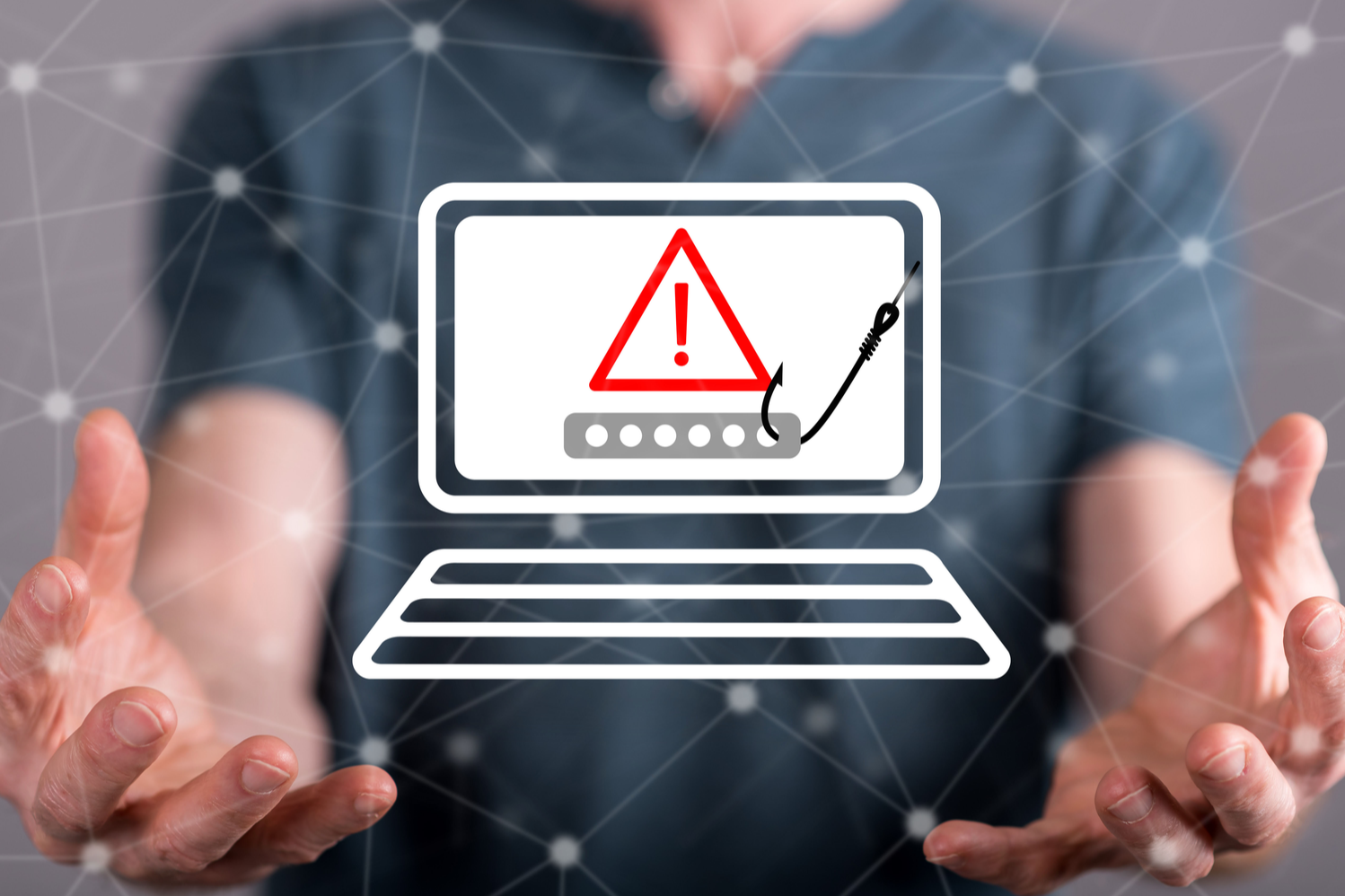Phishing emails have been the most common attack point for cybercriminals for a while now, however, due to the increasing sophistication of these scams, knowing how to spot a phishing email is becoming more difficult (and more important!) than ever before.
These email-based threats can be thwarted if you know what to look for! Here are some common signs of a phishing email.
- Poor Spelling and Grammar – Phishing emails commonly contain spelling and grammar errors.
- Something Seems Off – Does the logo look different? Is the formatting or wording different than what you’re used to? Phishing emails try to mimic legitimate emails, but often the details are off – trust your gut.
- Inconsistent URLs and Emails – If you look at the sender’s email, or hover over the URL in the email, often it most likely won’t be what you’d expect. This is a sure sign of a phishing scam.
- Unexpected Attachments – If you’re not expecting an attachment, don’t open it! These are a common way for hackers to gain access to your computer. If it’s from someone you know, verify it with them before you open it.
- Unusual Requests – If you suddenly receive an email from the CEO asking you to do something, or HR is asking you to resubmit your tax data, it may be a phishing scam – even if it looks legitimate. Before you do anything, verify it with that person directly – type in their email yourself or call them, don’t just hit reply!
- You’ve Won! – If you get an email saying you’ve won a contest, temper your excitement and make sure you actually entered a contest. These types of emails play on emotions, so slow down before you click anything.
- Update your Information – If you get an email asking you to update your login credentials or other personal information, don’t click any links within it. Legitimate companies will never ask you for login or other private data via email. Go directly to the website yourself, rather than through a link, to update credentials if necessary.
- A Sense of Urgency – If an email is telling you that you must act now, consider if it may be a phishing email. As always, you should independently verify what they are telling you before you take any actions. Phishing emails rely on you not noticing it’s a scam.
There’s nothing you can do to stop a criminal from sending phishing emails, but you can make sure your team knows how to spot them. Educate your employees and remind them to be scrupulous and inspect emails, attachments, and links before clicking on them. Give us a call and ask us how our security solutions can keep your data safe!


